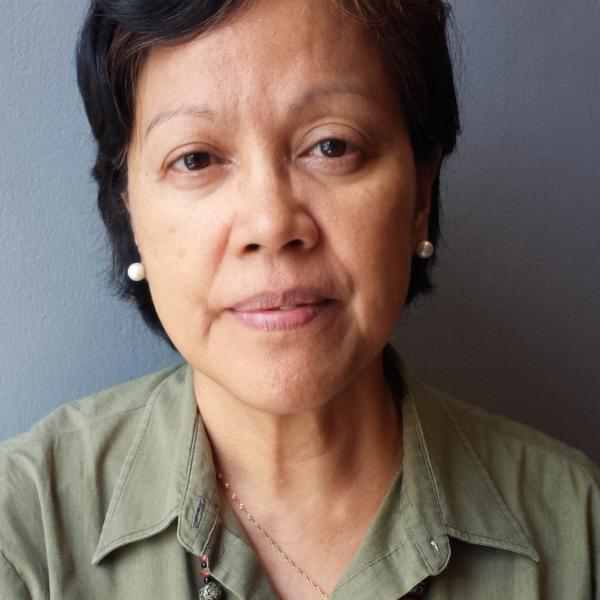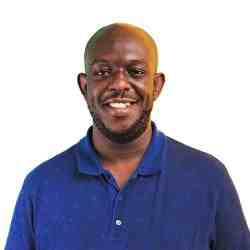In many countries around the world, Filipinos compose some of the largest migrant worker communities. More often than not, Overseas Filipino Workers (OFWs) are employed as low-skilled labor despite having relatively high levels of education. Financial challenges in the Philippines force these… Read more
In many countries around the world, Filipinos compose some of the largest migrant worker communities. More often than not, Overseas Filipino Workers (OFWs) are employed as low-skilled labor despite having relatively high levels of education. Financial challenges in the Philippines force these workers to spend many years separated from their families. These personal and economic challenges lead to low self-esteem and the disempowerment of OFWs. They are unable to recognize the significant contributions they are making, not only to their families, but to the Philippine economy and society as well.
The Philippine embassy and citizen organizations abroad usually offer financial literacy classes or personal counseling to assist OFWs. These efforts have had mixed results. Tina Liamzon realized that the key to long-term impact was to be able to transform the mindset of OFWs from one of self-pity and low self-esteem to that of being proactive citizens. She and her husband, and their colleagues in the LSE Migration and Development Consortium, enable them to become part of a larger movement and vision for driving change in their own lives and in their community. The Leadership and Social Entrepreneurship (LSE) Program combines financial literacy training, personal counseling, leadership skills and social entrepreneurship classes to achieve a more holistic transformation of OFWs. The migrant workers enrolled in the program learn to address their personal and financial challenges with entrepreneurial creativity rather than become passive recipients of assistance and services.
Perhaps the most crucial lesson for empowerment comes in the manner in which the LSE programs are designed and conducted. Over six months, the migrant workers help coordinate the classes themselves and arrange for continuous mentorship and support for alumni. During the sessions, the migrants explore how they can address social problems in both their host country and the Philippines with many students choosing to continue their initiatives after graduating from the program. Completely volunteer-run, the LSE program merges the resources of the Filipino diaspora, academic institutions and the local Philippine embassy or consulate and overseas labor offices.
The sense of ownership and empowerment of the students has led to a very active alumni community. Since 2008, the LSE Program has been active in 5 Italian cities (Rome, Naples, Milan, Florence, and Turin) and has expanded to Hong Kong, Dubai, Paris, Brussels, The Hague and Macau. Over 750 migrants have graduated from the program worldwide. The alumni have also encouraged their own families in the Philippines to participate in a parallel local program. The first LSE Programs within the Philippines, called FLSE, have been organized in Manila, Davao, Iloilo, and Cagayan de Oro City.
Read less



